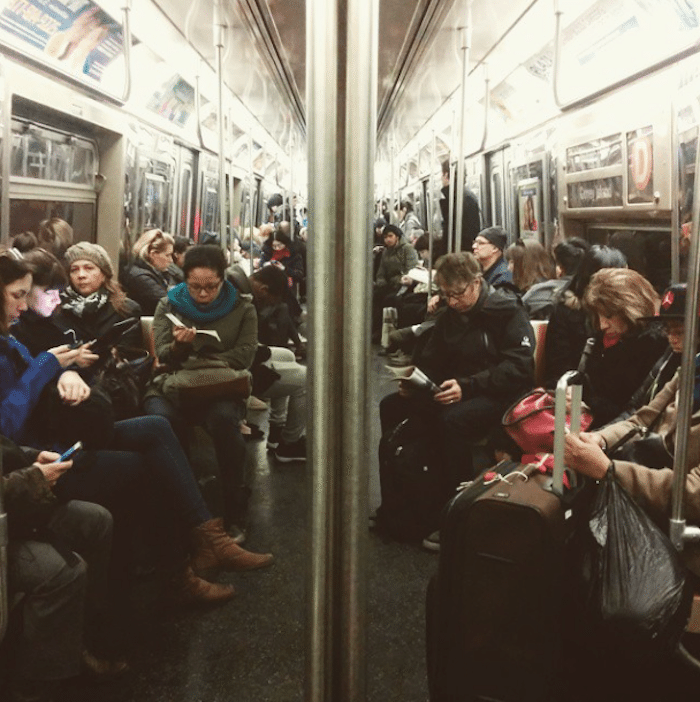Low-Income Straphangers Should Get Subway Fare Reductions, Council Members Agree


In response to looming subway and bus fare hikes, advocates are renewing their call to Mayor de Blasio to implement half-priced MetroCards for low-income riders.
The MTA has announced a two-year, 4 percent fare hike, taking effect in March 2017, which could include raising the price of a single ride to $3, along with more expensive unlimited and pay-per-ride MetroCards.
The Community Service Society of New York (CSS) and the Riders Alliance are pressing City Hall to establish a half-fare program for New Yorkers at or below the poverty line, comparable to what already exists for seniors and people with disabilities. They are joined by 28 City Council Members, including Brad Lander, Laurie Cumbo and Jumaane Williams, Public Advocate Letitia James, Comptroller Scott Stringer, and social, economic, transit and labor justice organizations.
As many as 800,000 New Yorkers would be eligible for reduced fares under the proposal, says CSS. Families at or below the federal poverty line ($24,036 for a family of four) would save an estimated $700 annually on the cost of monthly MetroCards.
The cost of riding the city’s buses and subways has steadily increased over the years, outpacing earnings for lower-income households. Between 2007 and 2015, bus and subway fares rose by 45 percent—six times faster than average salaries in New York City, a September 2016 report from State Comptroller Thomas DiNapoli found.
Most low-income riders do not benefit from discounts, like pre-tax transit benefits, that are available to middle and high-income commuters, advocates say. Unlimited monthly MetroCards, which are ultimately less expensive, require an upfront cost that can be cost prohibitive for riders living check to check.
Income-based fare discounts are already in place in San Francisco and Seattle, and are under consideration in Boston and Denver, according to CSS. Adopting such a program in New York, the most transit-dependent city in the nation, would have an immediate and positive impact, they argue.
Over half (58 percent) of low-income New Yorkers are reliant on buses and subways for their livelihoods, said CSS in a recent report. But 1 in 4 cannot afford the cost of a MetroCard.
“Our Mayor has a unique opportunity to help hundreds of thousands of New Yorkers who are currently locked out of job opportunities, affordable housing, and community life in New York City,” said Rebecca Bailin, Campaign Manager at the Riders Alliance. “Other cities around the country are doing it—New York City should too.”




